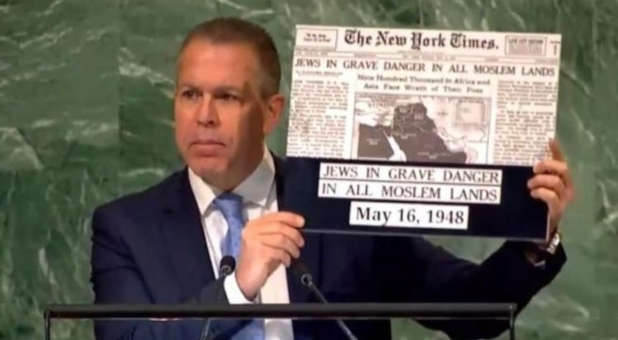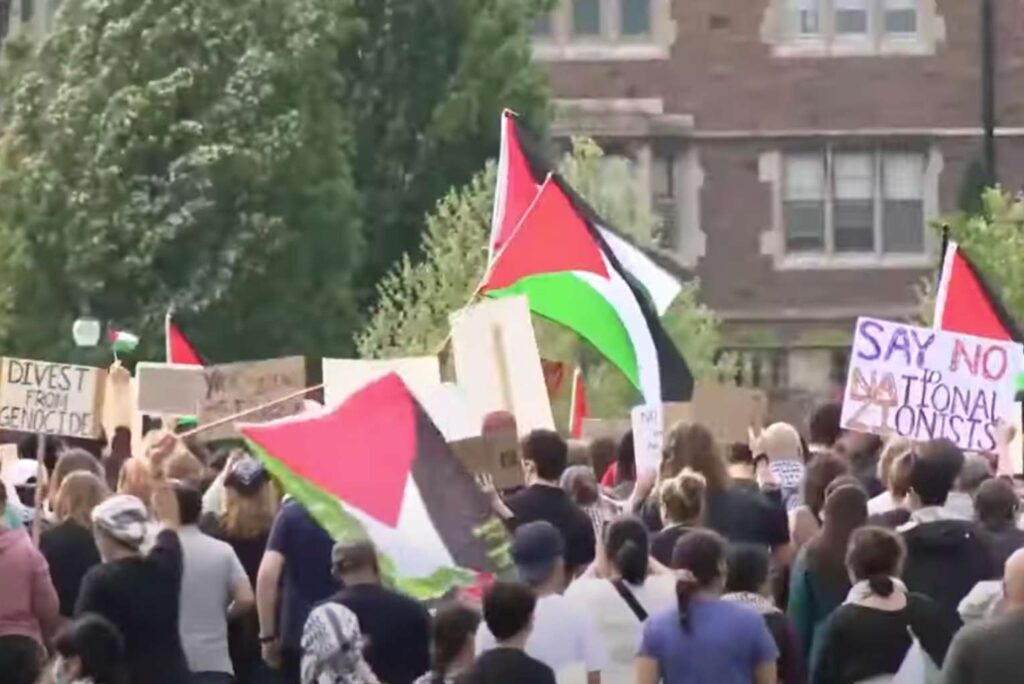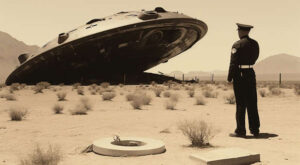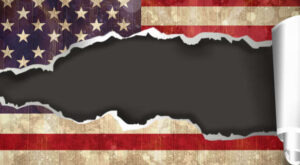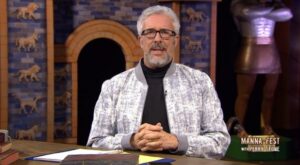Read Time: 3 Minutes, 26 Seconds
With a vote of 90 to 30 with 47 abstentions, the United Nations voted to hold a commemorative event in honor of the 75th “Nakba Day”—using the Palestinian delineation of the establishment of the State of Israel.
The United Nations General Assembly voted in favor of a resolution that commemorates the “Nakba,” which means catastrophe in Arabic, referring to the modern State of Israel’s establishment in 1948. The international community has never before branded a country’s birth a “catastrophe.”
In 1998, Palestine Liberation Organization head Yasser Arafat proposed that the day after Israel’s 50th anniversary as a state should be remembered by the Palestinians as a day of catastrophe related to the displacement of the majority of Arabs living in the land during Israel’s fight for independence and survival under joint attack by five Arab nations – Egypt, Jordan, Iraq, Syria and Lebanon.
Since Arafat’s proposal, Palestinians have marked May 15 each year with demonstrations, strikes and the raising of black flags.
Virtually every Middle Eastern state voted in favor of the resolution that elevates Arafat’s “catastrophe” commemoration to the international stage.
“Today, this General Assembly will finally acknowledge the historical injustice that befell the Palestinian people, adopting a resolution that decides to commemorate in this General Assembly Hall the 75th anniversary of the Nakba,” said Palestinian envoy Riyad Mansour at the U.N. General Assembly.
Warning that the two-state solution had reached “the end of the road,” Mansour called on the international community to place pressure on Israel and for the U.N. to unilaterally grant the Palestinians a state, with “East Jerusalem” as its capital.
Those voting for the resolution included Arab states that have formal peace agreements with Israel, such as Egypt, Jordan, the United Arab Emirates, Bahrain and Morocco. Countries that voted against the resolution included Israel, the United States, the United Kingdom, Canada, Denmark, Germany, Italy, Hungary, Austria and Australia.
The resolution calls for the commemoration of the Nakba at the General Assembly Hall in 2023, and the dissemination of relevant archives and testimonies. Israel’s Ambassador to the U.N. Gilad Erdan said that by “passing such an extreme and baseless resolution, the U.N. is only helping to perpetuate the conflict.”
“By supporting resolutions that single out, condemn and vilify Israel, you are telling the Palestinians that their path of incitement and terror-funding truly pays off,” he said to the General Assembly the day of the resolution.
Prior to the vote, Erdan pointed out that the U.N. continues to ignore the “Jewish Nakba,” which saw 750,000 Jews thrown out of Arab or Muslim countries around the time of Israel’s establishment, forcing them to leave all their possessions behind. In countries like Iraq, many Jews disappeared and were never heard from again.
Erdan held up before the General Assembly the May 16, 1948, copy of The New York Times, headed by “Jews in grave danger in all Moslem lands,” and asked, “What would you say if the international community celebrated the establishment of your country as a disaster? What a disgrace.”
Erdan related the U.N. vote of Nov. 29, 1947, to end the British Mandate and to form both a Jewish and an Arab state. The Arabs, however, refused, choosing instead to fight and destroy Israel.
Erdan pointed out that the Jews living in the Middle East and in North Africa “did not revolt against the international community’s decision. They did not try to annihilate another people. Their only crime was being Jewish. This is the true Nakba. This is the disaster carried out against the Jewish people and this is the disaster that this body has ignored for decades.”
For the first time, the U.N. is hosting an exhibition that documents the expulsion of the Jewish communities from Middle Eastern and North African states, including Iran. The exhibition will coincide with Israel’s annual Memorial Day, Nov. 30, set by the Israeli parliament in 2014, which also marks 75 years since the passing of the Partition Plan that was rejected by the Arab nations.
It is estimated that about 850,000 Jews living in Arab and Muslim nations were expelled or fled during the 20th century. Many of these came from North Africa including Morocco, Algeria and Tunisia, with others coming from Egypt, Libya, Iraq, Yemen, Turkey, Lebanon, Syria and Iran.
Erdan said that other diplomats tell him privately that they know the “right of return” demanded by the descendants of Arabs displaced by the war 75 years ago would bring an end to the Jewish state.
“Why are you afraid to say it publicly? Why does this house have to be a house of lies?” he asked.
For the original story, visit our content partners at allisrael.com.
Bring Charisma magazine home with a subscription today!
See an error in this article?
To contact us or to submit an article



